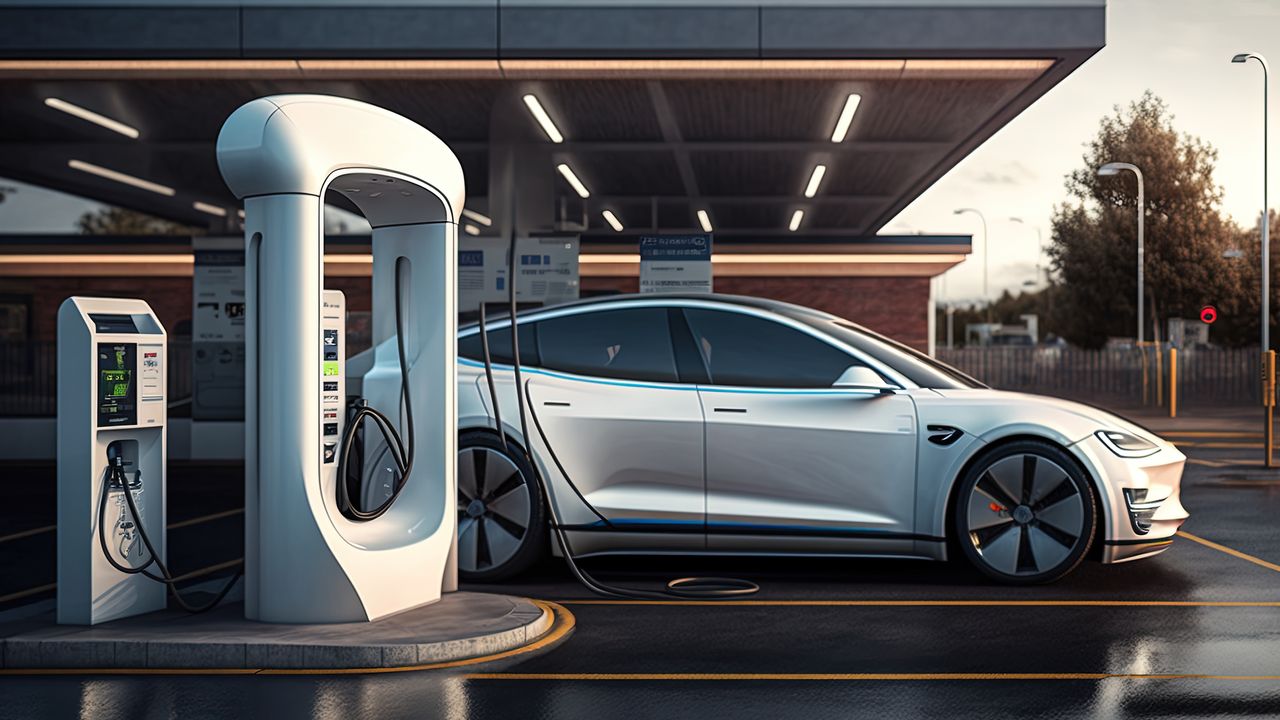EV Charging Station Scheduling: Resolving Conflicts and Optimizing Efficiency
As electric vehicles (EVs) continue to gain popularity, the demand for EV charging stations has skyrocketed. However, with limited charging infrastructure available, conflicts often arise when multiple EV owners need to charge their vehicles simultaneously. To address this issue, charging station scheduling has become a crucial aspect of managing EV charging networks. In this article, we will explore the challenges associated with charging station scheduling conflicts, the benefits of implementing a charging station booking system, and the importance of charging station overstay penalties.
Charging Station Scheduling Conflicts
With an increasing number of EV owners relying on public charging stations, it is not uncommon to encounter situations where multiple vehicles require charging at the same time. These conflicts can lead to frustration and inconvenience for EV owners, as they may have to wait for an available charging spot or find alternative charging options. To mitigate these conflicts, charging station operators are turning to advanced scheduling systems.
By implementing a charging station scheduling system, operators can efficiently manage the usage of charging stations, ensuring fair access for all EV owners. This system allows users to reserve charging slots in advance, reducing the likelihood of conflicts and optimizing the utilization of charging infrastructure.
Charging Station Booking: Ensuring Access and Convenience
Charging station booking is an essential component of an effective charging station scheduling system. By allowing EV owners to reserve charging slots ahead of time, it ensures that they have guaranteed access to a charging station when needed. This not only eliminates the frustration of waiting for an available spot but also provides convenience and peace of mind to EV owners.
Moreover, a charging station booking system enables EV owners to plan their charging sessions more effectively. They can schedule their charging sessions during off-peak hours or when they know they will not need their vehicle, optimizing the availability of charging stations for others during peak demand periods.
Charging Station Overstay Penalties: Encouraging Fair Usage
While charging station booking systems can help alleviate conflicts, it is essential to discourage EV owners from overstaying their allotted charging time. Overstaying not only disrupts the charging schedule for other users but also hampers the overall efficiency of the charging network.
To address this issue, charging station operators often implement overstay penalties. These penalties can be in the form of additional fees or time-based charges for each minute or hour beyond the allocated charging time. By imposing such penalties, EV owners are incentivized to promptly vacate the charging station once their charging session is complete, allowing other users to access the station without unnecessary delays.
It is crucial for charging station operators to clearly communicate the overstay penalties to EV owners through signage or within the booking system itself. This ensures that all users are aware of the consequences of overstaying and encourages them to adhere to the allocated charging time.
Conclusion
Charging station scheduling plays a vital role in managing the growing demand for EV charging infrastructure. By implementing a charging station booking system and enforcing overstay penalties, conflicts can be minimized, and the overall efficiency of the charging network can be optimized. As the popularity of EVs continues to rise, it is crucial for charging station operators to prioritize scheduling systems that ensure fair access, convenience, and efficient utilization of charging stations.
